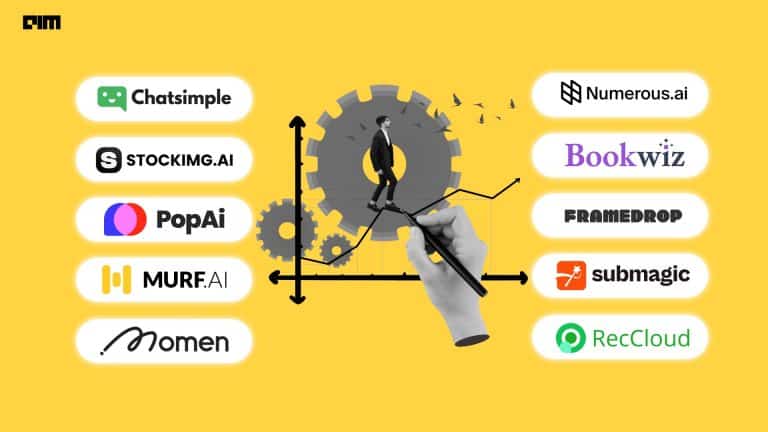|
Listen to this story
|
Large language models like GPT do not understand your references the way your friend does. That is because these models have a contextual problem. Many things have changed since 2021, when everyone’s focus shifted from backlink and keywords to understanding intent and behaviour, and the context — semantics — behind them.
As generative search has opened a new frontier in semantic search, LLMs, with their sequence-generation capabilities, are ideal for this task. Two days ago, Stack Overflow, the Q/A platform, decided to switch to semantic search due to the constant rise of traffic on the page. In the announcement blog, the company stated, “Semantic search and LLMs go together like cookies and milk”.
The company established in 2008 has used Microsoft SQL’s full-text search and then Elasticsearch over the past years. “But even with the top-of-the-line algorithm, the search suffers from a couple of significant problems,” the blog stated.
Listing the reasons for shift to semantic search, it pointed out that first of all, lexical search is very rigid. If a keyword is misspelt or a synonym is used, users won’t get expected results unless the index has been processed. If you enter a query— asking a question as if you were seeking help from a —then the probability of not finding any matching documents is very high. The second problem is that the lexical method is not at all intuitive to users who use specialised punctuation and boolean operators to get what they want.
Language models have a remarkable capability: they not only discover relevant information but also frame the responses in natural language, offering a human-like conversation experience during search. This LLM trait has proven to be advantageous, for chatbots and question-answering systems.
In layman’s terms, semantic search, understands the meaning and intent behind queries in a way a human would. As a result, it delivers precise and contextually relevant search results. Additionally, the integration of LLMs and text embeddings enables faster retrieval of documents, significantly reducing search times for users.
Stack Overflow states, its ‘ethos is simple: accuracy and attribution’. While large language models (LLMs) out there are generating results from sources unknown, The company has taken charge to clearly attribute questions and answers used in their Retrieval Augmented Generation (RAG) LLM summaries.
In Favour of Semantic
Last year, Spotify, the undisputed leader in music service and podcasting, implemented semantic search to improve the experience accessibility of the platform. This involved leveraging semantic search from their all-in-one podcast creation app, Anchor, to augment podcast APIs and the natural language enabled podcast search feature.
Prior to this users had to rely on keyword matching to discover podcasts of interest. However, with the introduction of semantic, the experience is similar to talking with a friend, leading to significantly improved results. The novel approach considers the meaning of words and sentences rather than just specific terms, resulting in a more accurate podcast search experience.
Tech goliath Google has the goal to become a fully semantic search engine. Remarkably, all its major innovations such as RankBrain, E-A-T, BERT and MUM either directly or indirectly support that goal.
Google’s efforts to develop a semantic search engine can be traced back to 1999. It became more concrete with the introduction of the Knowledge Graph in 2012 and the fundamental change in its ranking algorithm in 2013 (popularly known as Hummingbird). With the IT giant’s Semantic Experiences initiative, the company flaunts its semantic capabilities.
But Google is not the only one taking the approach seriously.
For its AI for Scale initiative, Microsoft also heavily relies on semantic search. We call this transformational ability semantic search—a major showcase of what AI at Scale can deliver for customers.” the software giant stated in the company blog.
While Stack Overflow has recently integrated semantic models in its search, last year as ChatGPT gained fame on the internet, several predictions were made about ways semantic search collaborating with language models can be the next suitable step towards a better search experience.
When semantic search and Generative AI work together, they can improve the accuracy, trustworthiness, and ease of keeping research up to date. Companies lagging behind to adapt or choose to adopt generative AI without combining techniques like semantic search (needed to make it suitable for work) will struggle to compete in the rat race. The race for supremacy demands staying at the forefront and using the combined power of semantics plus language models provides a strategic advantage.



















































































